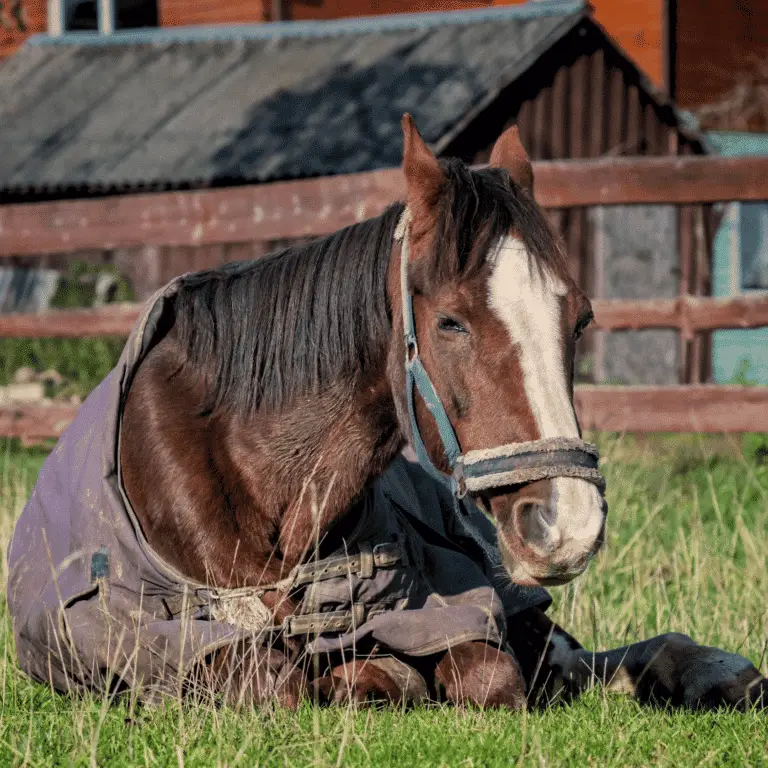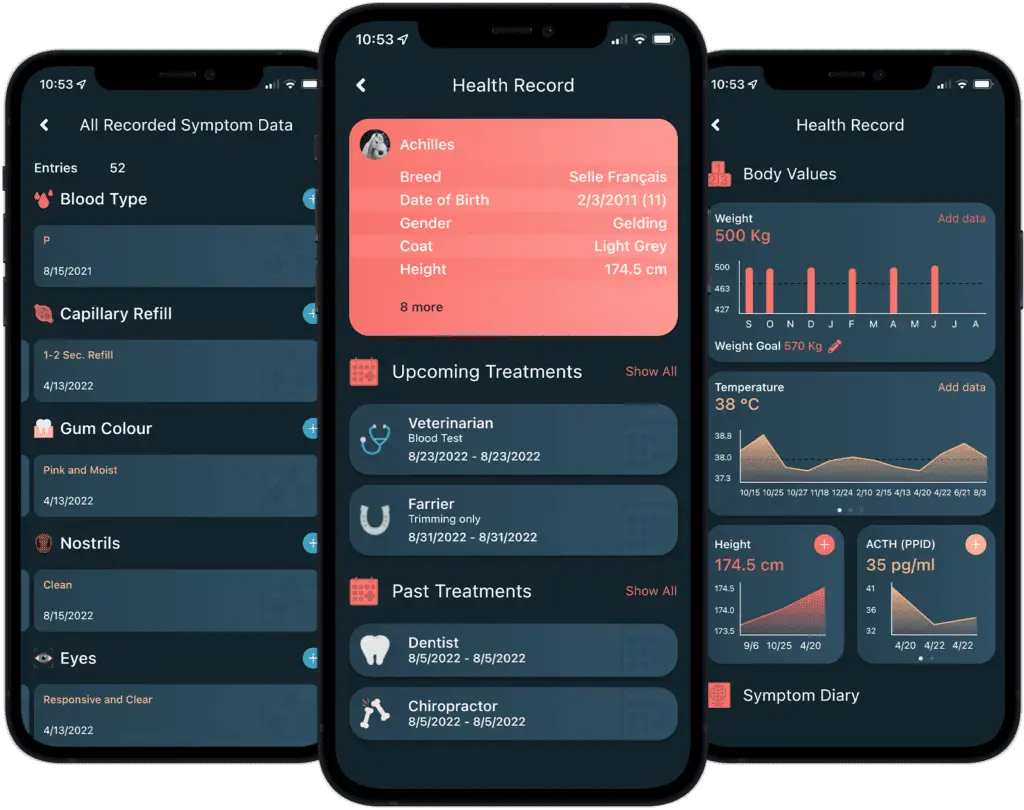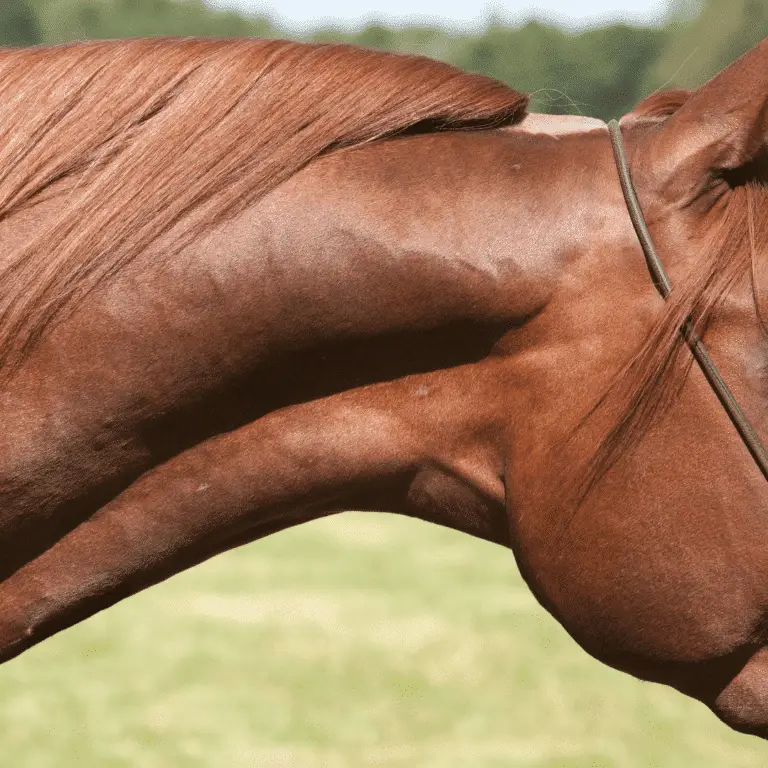
Equine Coronavirus
Equine Coronavirus Seek veterinary advice if you suspect this disease. Equine Coronavirus (ECoV) is a viral infection in horses caused

This disease is fatal and reportable, it cannot be cured or adequately treated and is expected to result in the death of the horse.
Rabies in horses is a fatal viral disease caused by the rabies virus, primarily transmitted through the saliva of infected animals, commonly via bites. The virus infects the central nervous system, leading to progressive and irreversible neurological damage. Affected horses may initially exhibit vague symptoms such as fever, depression, and loss of appetite, which can rapidly progress to more severe signs including behavioral changes, aggression, difficulty swallowing, and paralysis. Once clinical signs appear, rabies in horses is almost invariably fatal, making prompt vaccination and preventive measures critical for disease control. Additionally, due to the zoonotic nature of rabies, it poses a significant public health risk, emphasizing the importance of vigilance and proper management of potentially rabid animals.
Rabies is present virtually worldwide, with few exceptions. It is endemic in many regions, including parts of Africa, Asia, the Americas, and Europe. However, there are some areas that are considered rabies-free due to successful vaccination and control programs. For instance, countries such as Australia, Germany, New Zealand, Japan, and several island nations are considered rabies-free.
However, even in regions where rabies is considered rare or eliminated, there is still a risk of reintroduction through infected animals traveling or being imported from endemic areas.
Once the rabies infection occurs, there’s no effective treatment.
Euthanasia is the most humane solution to keep the horse from pain and stop the infection from potentially spreading.
Rabies can be prevented through yearly vaccinations.
Broodmares should be vaccinated 4–6 weeks before foaling. Foals from vaccinated mares should be vaccinated at 6 and 7 months old and again at 12 months.
Foals from unvaccinated mares should be vaccinated at 3, 4, and 12 months.
All adult horses should be vaccinated annually.
Extra precautions that can be taken, are chainlink/chickenwire fencing around the pasture fence to keep wildlife out.

Digital health management offers numerous benefits in modern equine healthcare.
With the Happie Horse App, you can track symptom patterns and body values, such as Temperature, Pulse and Respiration. Allowing you to notice abnormal changes in body and behaviour early on, leading to more successful treatments.
The Happie symptom checker allows you to add all of your horse’s abnormal symptoms in order to present potential causes and diseases.

Equine Coronavirus Seek veterinary advice if you suspect this disease. Equine Coronavirus (ECoV) is a viral infection in horses caused

Strangles in Horses This disease is life-threatening and should be treated by a veterinarian swiftly. Strangles, caused by the Streptococcus

Equine Influenza This disease is life-threatening and should be treated by a veterinarian swiftly. Equine Influenza is a highly contagious viral